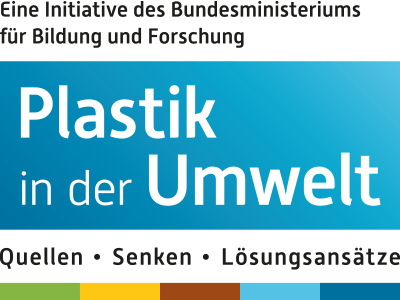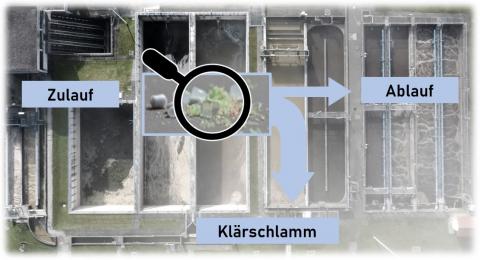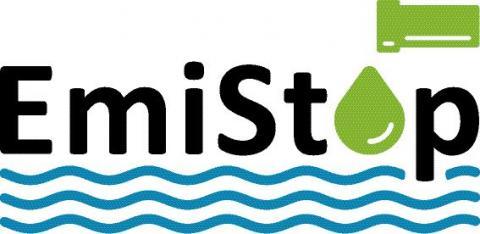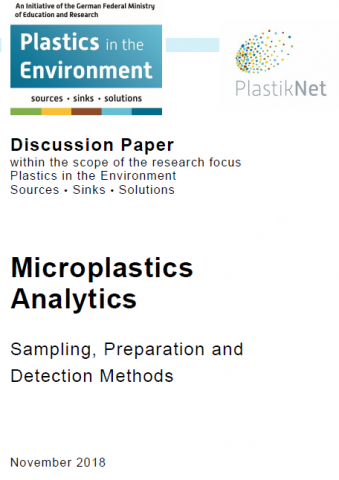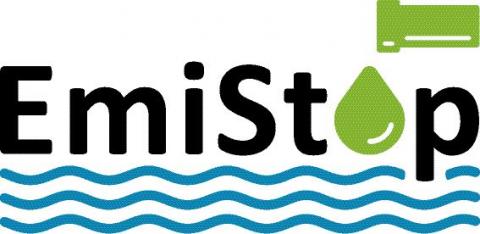Analysis of Microplastics - Sampling, preparation and detection methods
This status report was prepared within the framework of the cross-cutting topic 1 "Analytics and reference materials" of the research focus. It summarizes the contents of the project discussions and coordination within the cross-cutting issue. The organization of this ongoing process of development or elaboration has been supported by several events.
